IPL Clubs : Problem with big-spending teams.
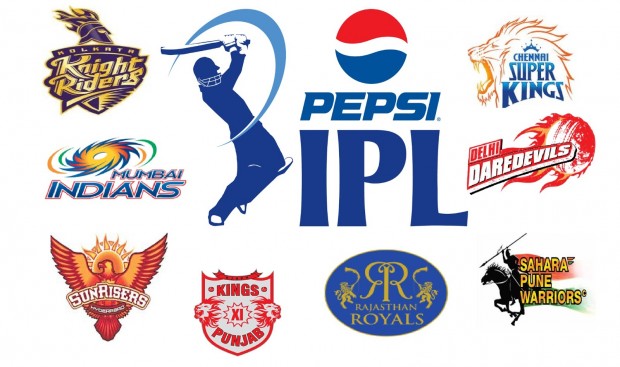
Well, in today’s competitive world, money is everything.This can be extended even to the field of sports, wherein world’s most richest men invest on many local/ international teams. One of the most investment of money is in club football. In recent times, many billionares have bought entire football clubs, and spend like maniacs. One of the most famous examples are that of Manchester City and Paris Saint Germain, who before were mediocre teams, but after heavy money spending by their owners, have become a force to reckon with in the european football leagues.
This is a clear example of how money can overcome the lack of nurtured talent, especially in such wide-spread team sports. But in the case of cricket, it is a different game all-together.
Cricket never has attracted the rich people.Or rather, they never thought that investing in a sport like cricket, which is played merely by 15 countries or so, would not do any good in profit making. Then, cricket boomed, thanks to one county- India. After the once-in-a-lifetime phenomenon on the name of Sachin Tendulkar, cricket has been the breath and soul for majority of the Indians in the recent times. The financial tycoons saw a huge investment oppertunity in Indian markets, and finally, IPL under the initiative of now-outcasted Lalit Modi, was born.
The cricket governing body of India (BCCI ) had a lot to gain from this new- concept of T20 tournament. Built from the guidelines of more-popular EPL, IPL was an instant sucess.
Much like in EPL, franchises were sold by the IPL governing body. And finally, 8 teams were formed. From the very first season, the teams fielded were pretty-much according to how wealthy the owners were.
Now here comes the gamble.
Money can buy good, even great players. But cricket is not an individual sport, and unlike football, it requires more tactical thinking. So here it is important to put forward a team, that can work together, rather than putting forward the strongest team possible.
Some big-spenders like MI, RCB and CSK found the perfect combination of teamwork and big-names, and hence they are till date the most successful teams in the 6-year IPL history. This is simply because of some intelligent decision making by the team-owners during their first auction.
But same is not the case with the other teams. While low-budget teams like RR and even KXIP, managed to perform well, thanks to their local talent and effective buying of international players, whereas other rich-clubs have failed miserably over the years.
The finest example is that of the Deccan Chargers (Now SRH). In the first season, they had a star studded team with the likes of Herchelle Gibbs, Shahid Afridi, Gilchrist and so on. But they failed miserably. They finished at the bottom of the table. Though they managed to win the IPL in the next edition, their failures were more prominet than their success. Evidently, they went into a huge loss, and had to sell the franchise. Now Sun bought the franchise, and renamed it as Sun Risers Hyderabad. Now their team was probably the most weakest in IPL 6. But they overcame their lack of experience with domestic talent, and performed exceptionally well, even bagging a place in the on-going CLT20.
Another example is that of the PWI. Another star-studded team, but failed miserably in both the season they played, and finally the franchise no longer exists, due to issues between the board and the owners.
Now what have we learnt? First of all, the performance of the team does not depend upon how the the team’s paper strength is. It includes a lot of factors like team coordination, form of players, and more importantly, the captain. If the captain does not have leadership skills, then a team is like a group of goats without any direction. That is the main reason why PWI failed. Even KKR was experimented with so many captain in 2,3 rd seasons, their performance was severly effected ( none of them had the leadership skills in them).
So the team management should look on spending on players as per their team requirement, rather than spending on a good player, while his role in team could be minimum.


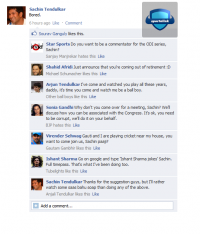
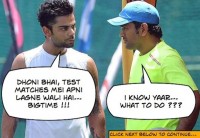
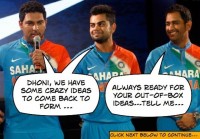
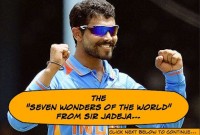
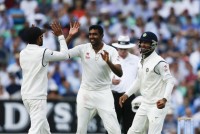
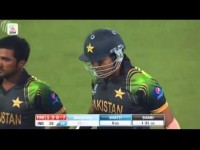
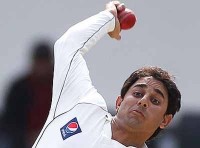

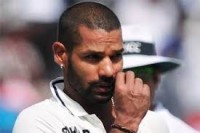
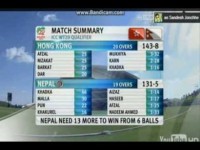
0 Comments/Replies